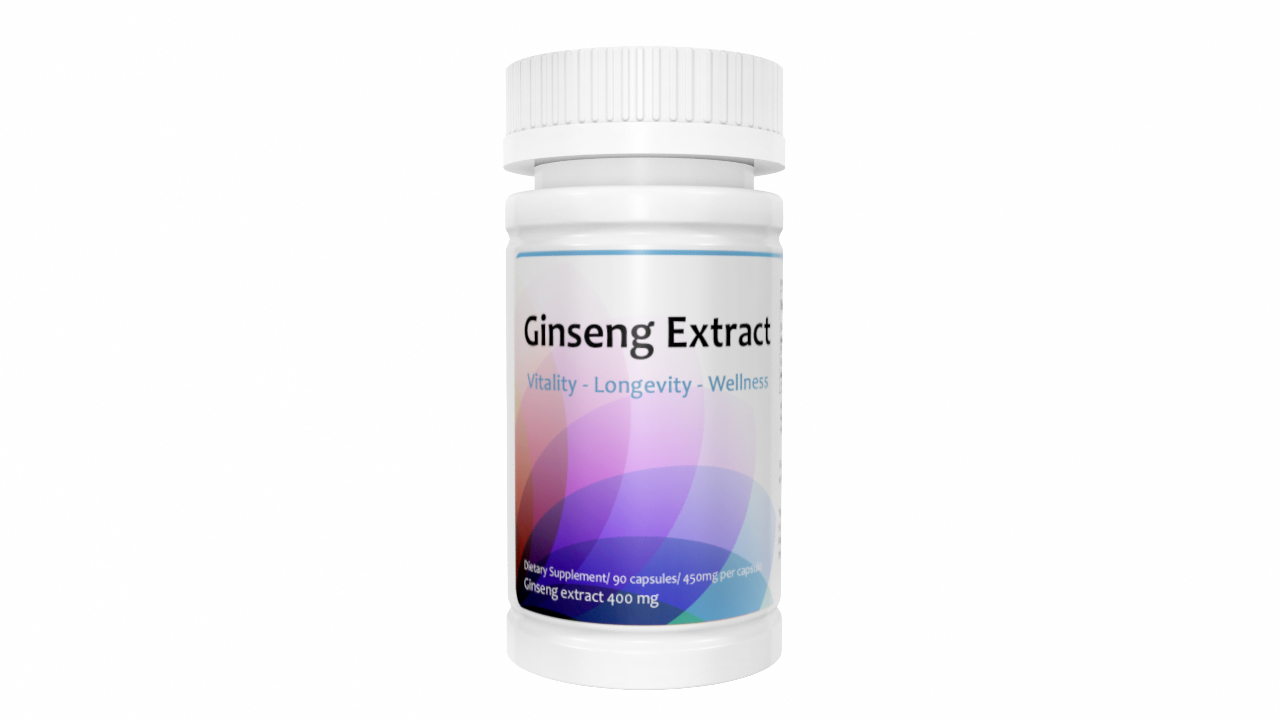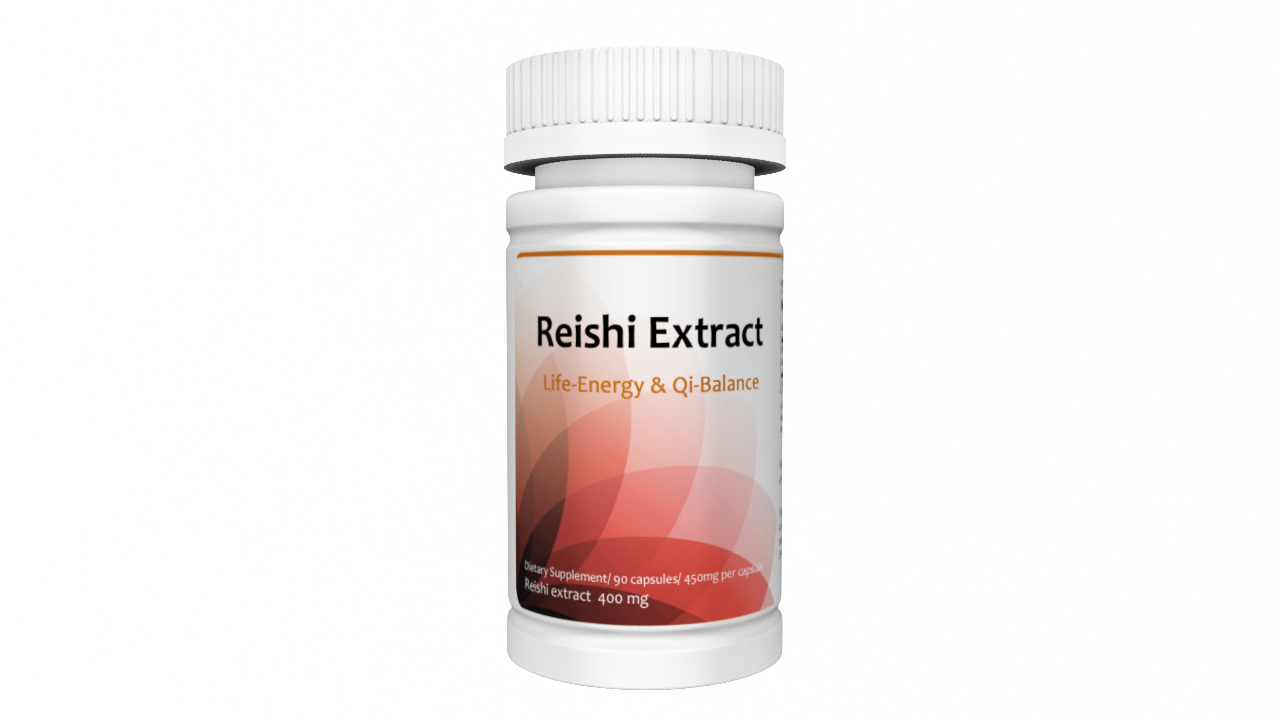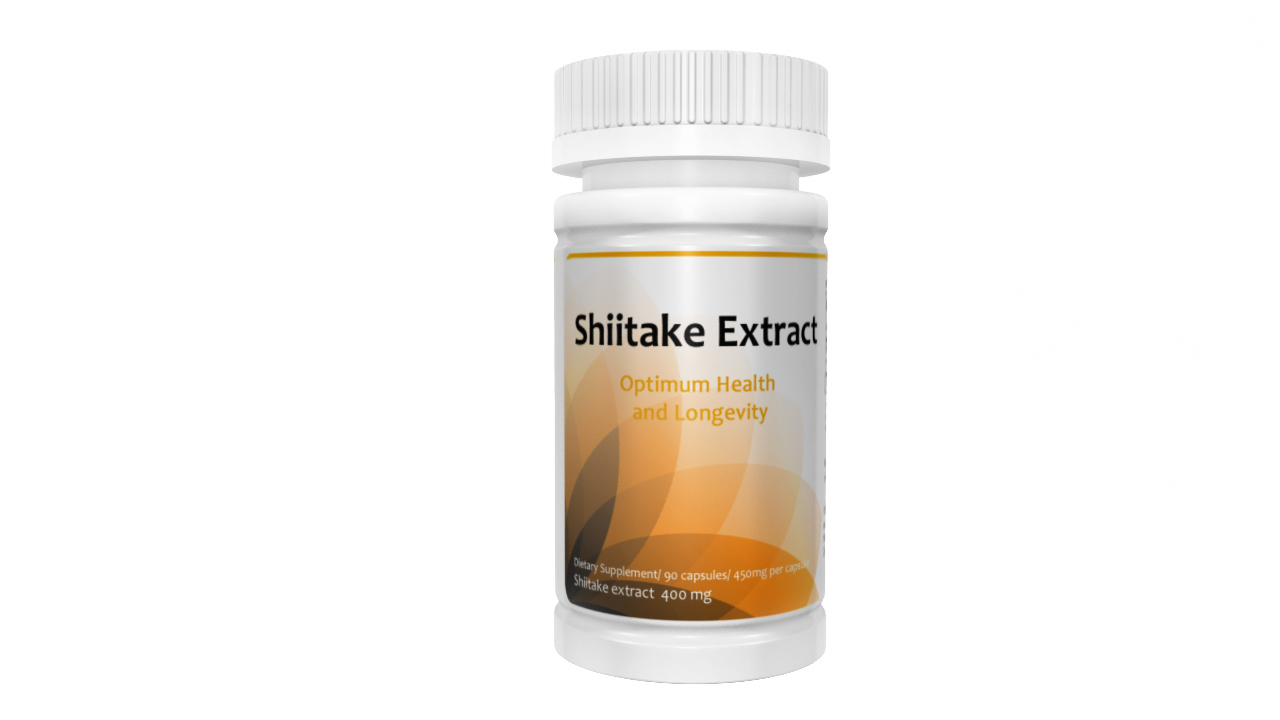Cordyceps & Cholesterol Level
High cholesterol condition usually does not exist on its own and is an indicator of dysfunction of the metabolism. The main source of production and elimination of cholesterol is the liver, so any dysfunction or disorder of the liver may affect the blood level of cholesterol and triglycerides. It has been proven that dietary fat consumption may influence the amount of lipids in the blood, but it is not a major factor in cholesterol blood level.
Clinical studies published in Journal of Alternative and Complementary Medicine (involving 273 patients (in 9 hospitals) with high cholesterol level) show that Cordyceps sinensis helps to lower total cholesterol by 10–21% and triglycerides by 9–26%. At the same time, it helps to increase HDL cholesterol (‘good’ cholesterol) by 27–30%. (Zhu, JS, Halpern, GM, Jones, K. The scientific rediscovery of an ancient Chinese herbal medicine: Cordyceps sinensis. Part I. Journal of Alternative and Complementary Medicine. 1998, 4(3), 289–303.)
An increase in the level of lipids, especially cholesterol, increases the chance of getting atherosclerosis.
In the double-blind placebo-controlled study involving 245 patients published by Halpern (1999), after 2 months of administration of Cordyceps at a dose of 1g/day, total cholesterol dropped by an average of 17.5% among 61% of patients (in the control group, the reduction was only 1.17% among 28.8% of patients) and ‘useful’ HDL cholesterol increased by 27.19% for 76.2% of patients. (Halpern, G.M. 1999. Cordyceps: China’s healing mushroom. New York: Avery Publishing Group.)
Cordysen™ may be beneficial to people who are taking a conventional cholesterol medication (such as Lipex and statin drugs) that might have various side-effects, including muscle pain, liver and kidney damage, digestive problems and many others.
Cordysen™ may reduce or alleviate side-effects of cholesterol medications as Cordyceps extract prevents the toxic process in kidneys and normalises the biochemical status of the liver. In addition, Cordyceps effectively rejuvenates the body and increases resistance to the action of various external and internal factors.
High Cholesterol - General Information
Having high cholesterol is a very common problem these days, and there is a lot that people can do to prevent it. Below you will find information on what cholesterol is, the signs and symptoms of high cholesterol, what causes it, how long you may have high cholesterol, who is most at risk for having high cholesterol and, finally, what are available treatment options.
Function
Cholesterol is not a bad thing at all. Cholesterol is a waxy steroid of fat that is produced in the liver or intestines and present in all animals. In fact, you actually need cholesterol to live. Cholesterol is used by the body’s cells to create a lining around the cell so various things can pass in and out of it. You get cholesterol from eating foods with fat in them. For most people, this would be meat and a few types of oil that you would find in a salad dressing or sauce and omega-3 pills that would be taken as a supplement.
Symptoms
Many people think that having high cholesterol means that they do not have a healthy diet or that they are just predisposed to having high cholesterol. In reality, there are quite a few different factors that, when combined, will give a person high cholesterol.
So, how can you tell if a person has high cholesterol? Unfortunately, part of the problem with having high cholesterol is that many of the symptoms appear a little too late when most of the damage has been done, but it is still possible to reverse the effects of high cholesterol with a multi-dimensional treatment.
All of the symptoms that occur because of high cholesterol levels happen because the blood vessels are restricted from a certain part of the body. The blood cannot get where it needs to go, and as a result of that, symptom occurs. High cholesterol levels can cause anything from frequent numbness or tingling on parts of the body to yellowish patches on the skin. The symptoms that a person receives will depend on their type of high cholesterol. It is also common to have chest pains and aches in the legs that appear when a person is walking.
The easiest way for a person to find out whether they have high cholesterol is to go to the doctor and have tests done on a regular basis. It is much better to catch high cholesterol early. Most doctors will test a person’s cholesterol levels every time they visit just to make sure, but it is not uncommon for the elderly population and people who are predisposed to having high cholesterol to be screened more frequently for the condition.
Causes
There are many different causes, but for most people, high cholesterol will be caused by a combination of the foods that they eat and the types of genes that they have. For the majority of the world’s population, high cholesterol is not genetic, but occurs because of a poor diet and a sedentary lifestyle.
Lowering high cholesterol is a big deal for most people, which usually requires a considerable amount of effort.
Cholesterol-Lowering Foods
The easiest way for a person to lower their cholesterol is to eat cholesterol-lowering foods. There are two types of foods that will affect your cholesterol. The first group of foods will not lower your cholesterol, but rather keep it from rising any further. The second group of foods will actually lower your cholesterol if consumed on a regular basis.
The main dietary cause of high cholesterol is because a person is eating too many foods with high levels of saturated fat. Saturated fat is considered bad fat, and when a person consumes too much of it, they quickly develop conditions such as high cholesterol and high blood pressure. The foods that commonly have high levels of saturated fat include most red meats, butters, creams, ice cream and almost anything that has been fried, especially at a fast food restaurant. So if a person has high cholesterol, it is a good idea for them to eliminate or significantly reduce the amount of these types of foods from their diet.
Doing this alone has been shown to have a profound effect on cholesterol levels, but as mentioned above, there are many foods that a person can consume that will have the exact opposite effect on their cholesterol levels, lowering them faster than if they did not eat the foods at all.
The easiest way to find cholesterol-lowering foods is to look for foods that are naturally high in fibre. Consuming high amounts of fibre on a daily basis will help the average person lower their cholesterol levels significantly. The easiest way to find foods that are high in fibre is to consume whole grains instead of their refined counterparts. These kinds of foods include wholegrain brain, wild rice and oatmeal.
Other naturally cholesterol-lowering foods include salmon or other types of fish, tree nuts (such as almonds and Brazil nuts) and even garlic can help to naturally lower cholesterol levels. It is worth noting that consuming garlic will not directly lower your cholesterol levels, but it will help other parts of your body that are affected by having high cholesterol.
Dietary Guidelines
The following are the dietary guidelines for people with high cholesterol levels:
- Total fat: less than than 30% of daily caloric intake;
- Saturated fat: less than 7% of daily caloric intake;
- Polyunsaturated fat (found in vegetables, nuts, seeds, fish, leafy greens): less than or equal to 10% of daily caloric intake;
- Monounsaturated fat: approximately 10%-15% of daily caloric intake;
- Cholesterol: less than 200 milligrams per day;
- Carbohydrates: 50%-60% of daily caloric intake.
Risk Factors
People who are 45 year of age or older and persons who have a family history of having high cholesterol are at the highest risk for developing high cholesterol.
Other risk factors include:
- Smoking - Cigarette smoking damages the blood vessel tissues and contributes to accumulating fatty deposits;
- Obesity - A body mass index (BMI) of 30 or greater increases the risk of high cholesterol;
- Poor diet - Foods that are high in cholesterol increase the total cholesterol value;
- Lack of exercise - Physical activity helps to regulate the ratio of HDL "good" cholesterol and LDL "bad" cholesterol;
- High blood pressure - Elevated blood pressure damages arteries and blood vessels, which can speed the accumulation of fatty deposits;
- Diabetes - High blood sugar contributes to higher LDL cholesterol and lower HDL cholesterol. High blood sugar also damages the lining of your arteries.
Treatment Options
High cholesterol levels can be lowered with lifestyle changes, medications, or a combination of these approaches. The following steps are recommended for every person who may have any concerns regarding their state of health:
- Cholesterol-lowering diet;
- Regular physically activity;
- Losing extra weight; and
- Nutritional Supplements, including Cordyceps Sinensis (Cordysen™), Plant stanols and sterols, Garlic.
Taking all these steps together will help to reduce cholesterol levels and/or lessen the amount of medicine a person needs or make the medicine work more effectively. Controlling cholesterol levels can significantly reduce the risk for developing coronary heart disease. So try to give high cholesterol lifestyle treatments time to work (you can except to see and feel results in about 3 months). By doing so, you can avoid the hassle of being on a daily medicine for the rest of your life.











